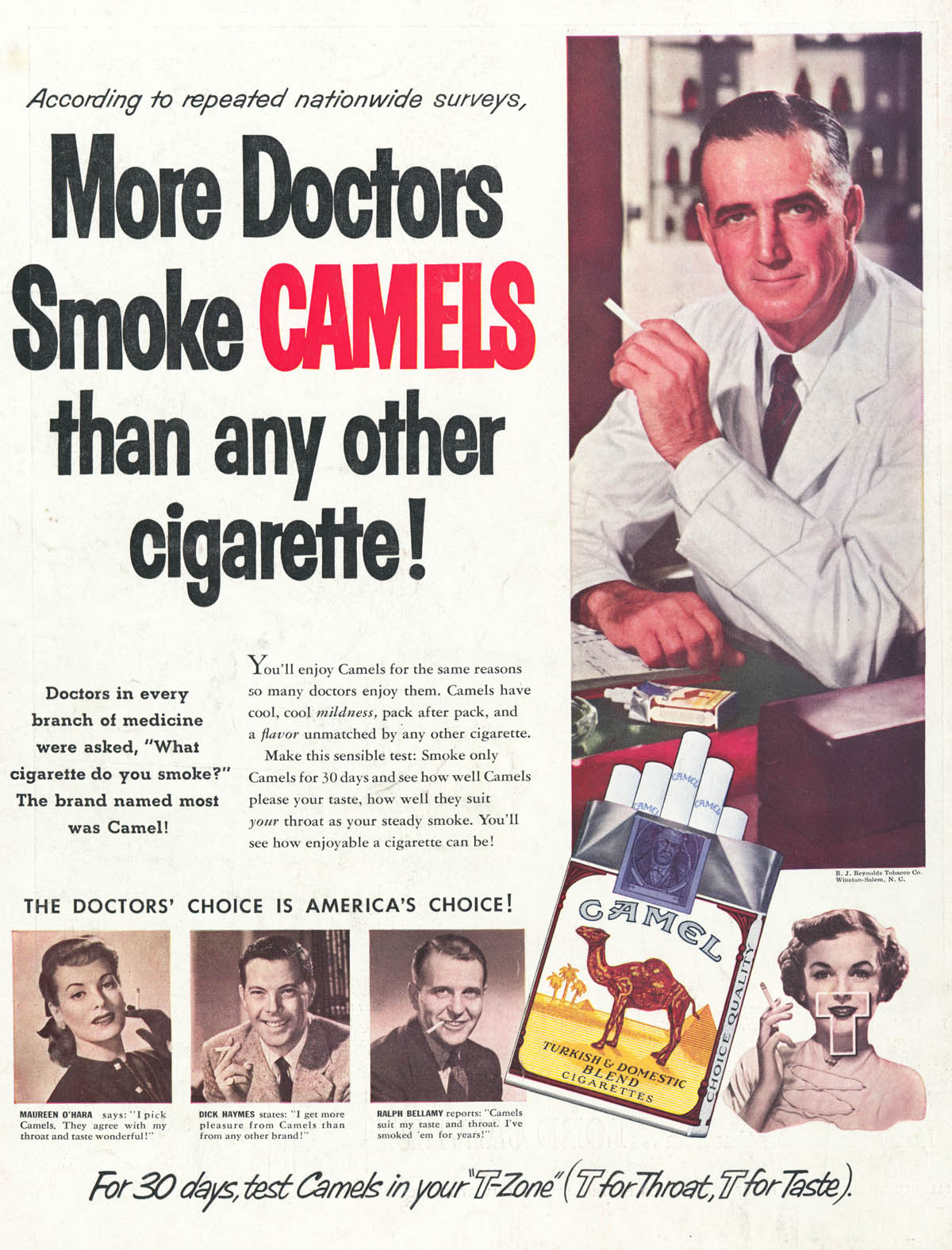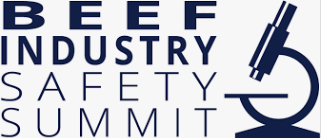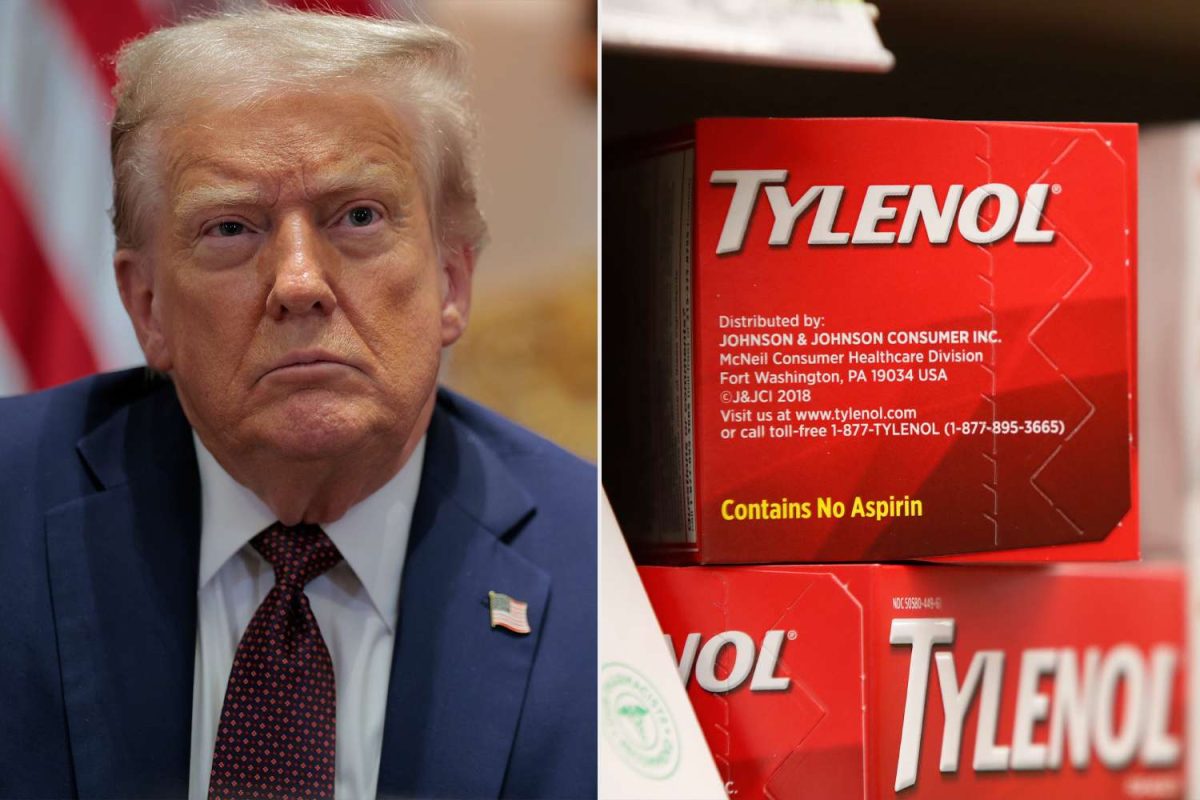The Red Meat Study
Beef helps prevent cancer! Or at least that’s the tagline that Beef industries are running with after a study they funded concluded a reduction in cancer risk by consuming meat. It doesn’t take a keen eye to notice the blatant bias this issue presents, but for several centuries, studies meant to determine the health and safety of items have acquired their funding through the sponsorship of governments, organizations, and companies. Recently, a study from Applied Physiology, Nutrition, and Metabolism came out that claims there was “a small reduction in cancer mortality risk” after consuming an increased amount of “animal protein”, essentially stating that eating more meat can slightly reduce risks of cancer. Notably, however, the funding for this study came from The National Cattlemen’s Beef Association, which, despite making a point to mention that they “had no role in the study” and did not have any say over “influencing the content” presented, arguably still created a significant conflict of interest. Even if they didn’t directly assert their agenda into the study’s results, the researchers are still put in a compromising position of not biting the hand that feeds them, which could lessen the integrity of their work.
Tobacco Companies Advertisements:
Although the “Red Meat” study is a blatant example of sponsored studies, this isn’t a new development for companies, but rather a concerning strategy used for decades prior to now. Historically, a well-known strategy of tobacco companies was to use science and medicine to convince Americans of the health benefits of smoking cigarettes. “More Doctors Smoke CAMELS than any other cigarette!” was an ad run by the Camel company. To the more modern sensibilities, the idea that cigarettes could be considered remotely healthy is outlandish, but this was when the consequences of smoking were far less apparent and publicly known. It would essentially be the equivalent to vaping today being declared healthy by doctors who were paid off by tobacco companies to endorse vapes. While this tactic isn’t precisely a sponsored study, its purpose is effectively the same: to use people’s trust in certified officials against them.

Appeal to Authority:
Argument from authority, or appeal to authority, is a logical fallacy that essentially boils down to blindly trusting an argument or claim because it comes from a trusted official. Companies like Camel Cigarettes attempted to manipulate this mindset to increase their sales, and companies such as the National Cattlemen’s Beef Association still utilize these same strategies. By sponsoring a study that implies eating protein can prevent cancer, Cattlemen’s clearly wants to bolster their sales by taking advantage of people’s appeal to authorities such as scientists.
Beef Industry Safety Summit:
Some may argue that this is a pessimistic viewpoint, and that Cattlemen’s could truly be invested in funding research towards health information for beef. An example of this would be their Beef Industry Safety Summit, which has been conducted since 2003 and seeks to showcase the latest in food safety for their products. The benefits that this event has is generally positive, it furthers research into these areas and issues like cattle-born pathogens potentially causing human illnesses. However, it’s undeniable that the company behind the event benefits regardless of the information presented. If they display health concerns it makes the company appear as if they are taking this into account and working towards understanding how to prevent it, and if it’s positive research then this obviously benefits them as well. Especially when what they are presenting leans into this angle of prevention, monitoring, and improving, rather than an angle of any actual health concerns over beef that couldn’t be positively spun towards the favor of the beef companies.
Sponsored Studies:
 However, they also aren’t the only company that sponsors research for their products, as according to a review done by the American Journal of Public Health they concluded that companies used their funding: “as a strategy to reshape fields of research through the prioritization of topics that supported its policy and legal positions” and additionally these companies tended to, “distract[ ] from research that could be unfavorable.” raising concerns. Concerns such as the reliability of sponsored research and public health and safety, when information from experts can be so easily skewed.
However, they also aren’t the only company that sponsors research for their products, as according to a review done by the American Journal of Public Health they concluded that companies used their funding: “as a strategy to reshape fields of research through the prioritization of topics that supported its policy and legal positions” and additionally these companies tended to, “distract[ ] from research that could be unfavorable.” raising concerns. Concerns such as the reliability of sponsored research and public health and safety, when information from experts can be so easily skewed.
The broader question is, can studies sponsored by companies be trusted? This is a hard question to answer, and it shouldn’t be viewed in black and white, as there can still be value from sponsored studies. The only way to protect the public interest from corporate interference in the information sector is not to blindly trust anything, even if it comes from a reputable source such as scientific research. To consider what influence the company could have had on the research that was actually released and conducted.
On the other hand, should it all be in the hands of the general population to ensure that their information is factual and unbiased? There should be a level of accountability held for these companies and scientists when they knowingly and purposely deliver information to the public that is biased towards their agenda. There should be a more transparent system that doesn’t allow for the withholding of important information and provides repercussions for companies attempting to mislead the public by providing inaccurate information, particularly regarding health. As seen with tobacco companies, there can be dire consequences to allowing misinformation to be spread about these products. Companies like Cattlemen shouldn’t be able to advertise their products by paying for favorable research conclusions.








